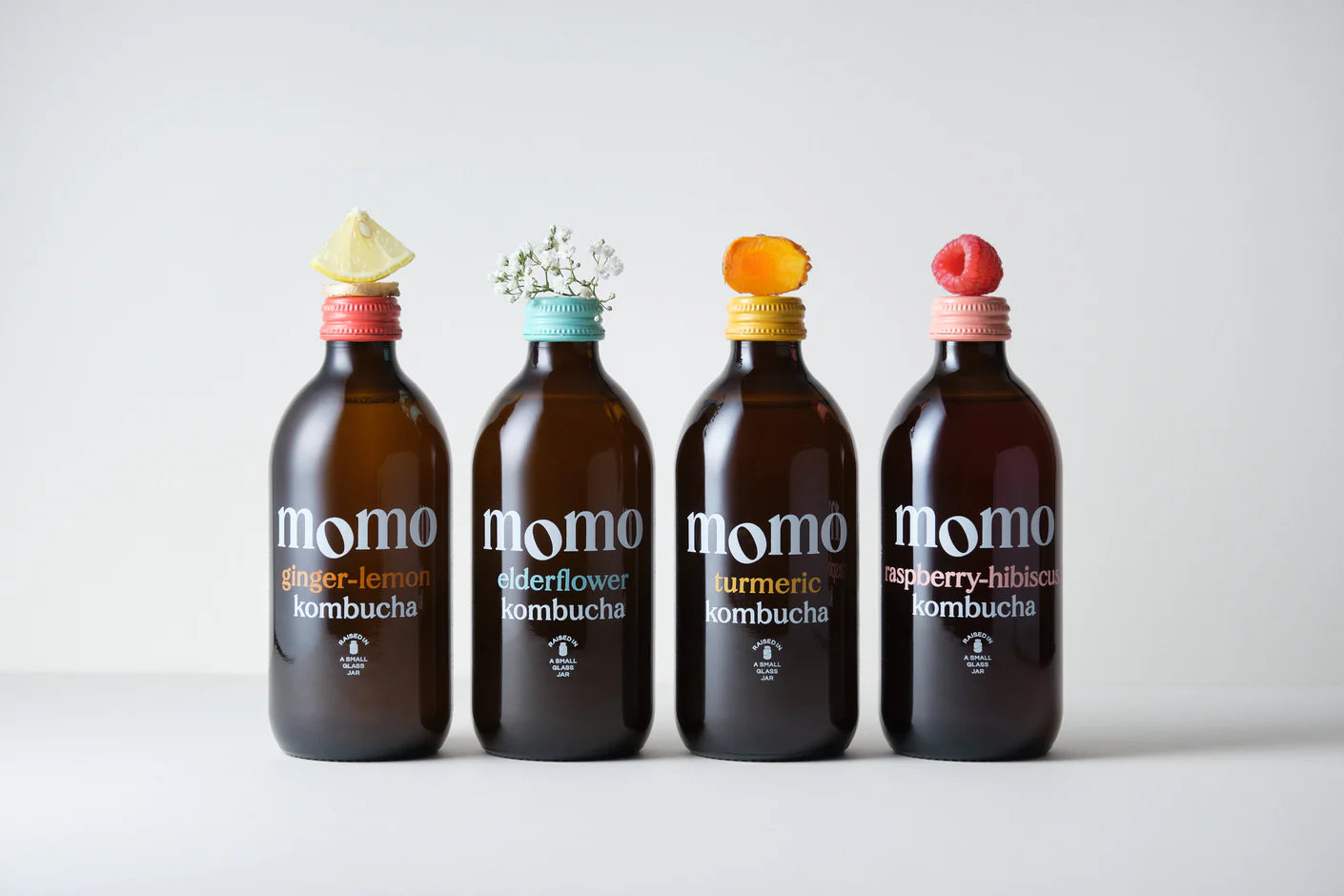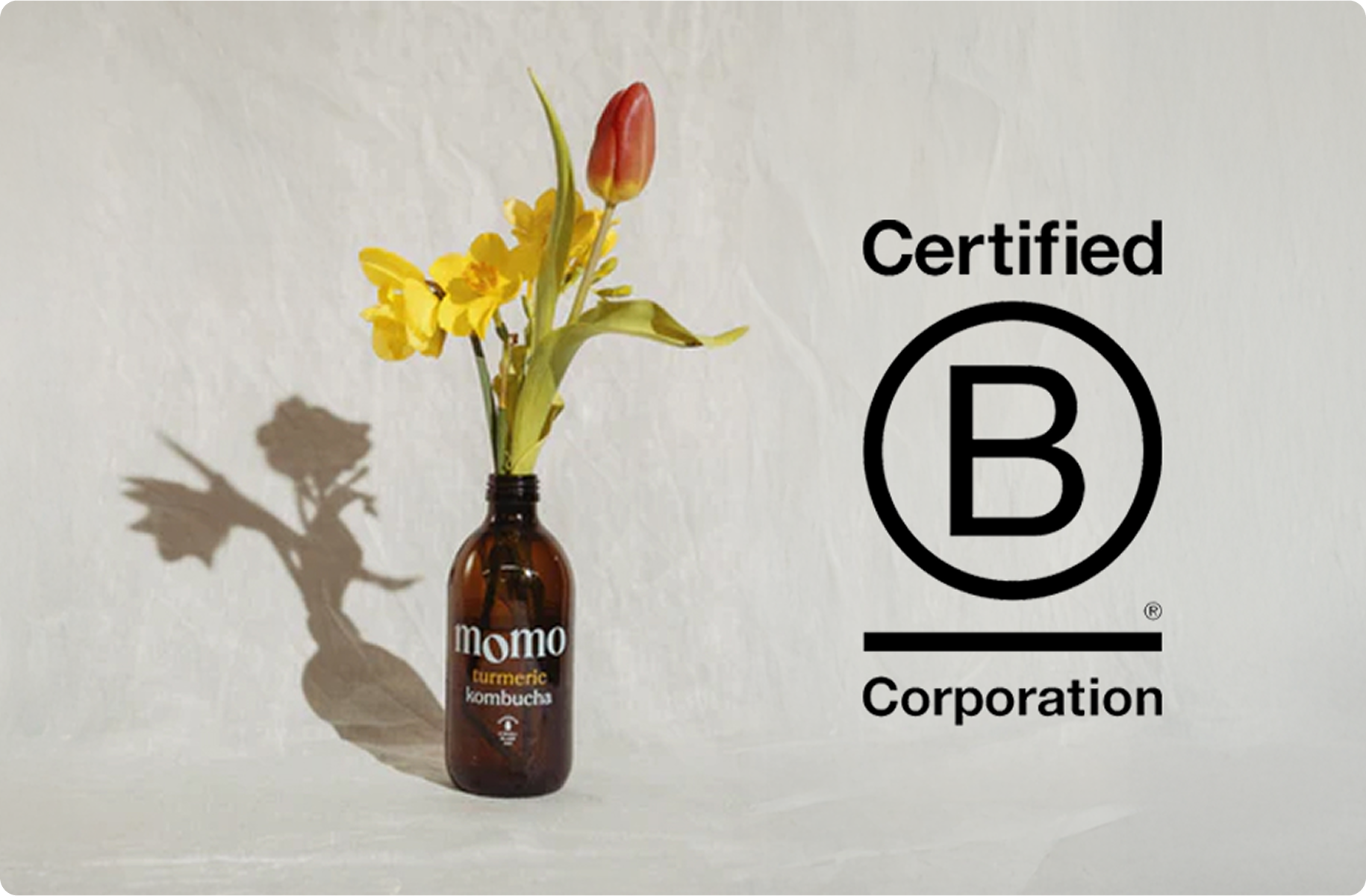Zerbinati's Watermelon
A crisp, refreshing summer kombucha made with Natoora and Oscar Zerbinati’s Sentinel Watermelons.
Size
Description
Ingredients & nutrition
Delivery
Why MOMO?
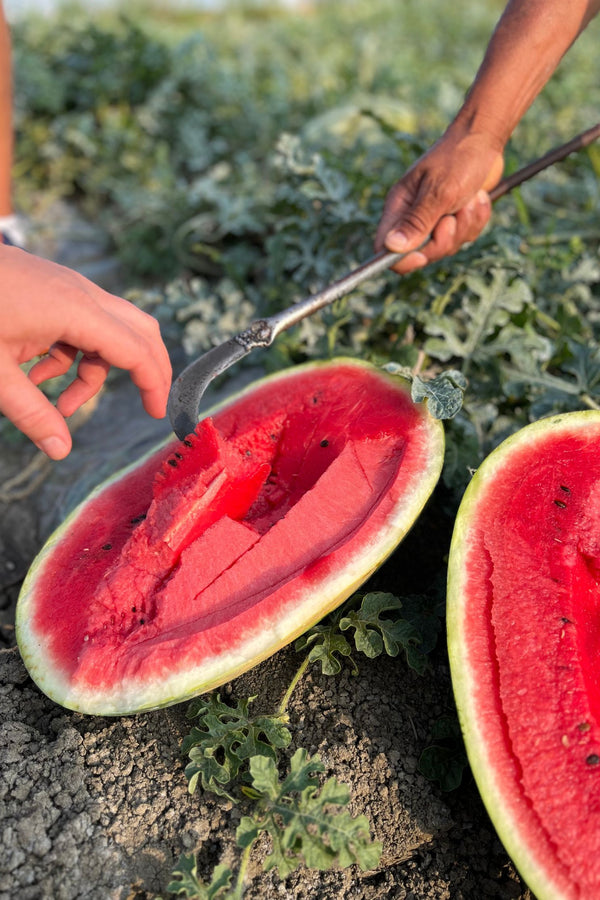
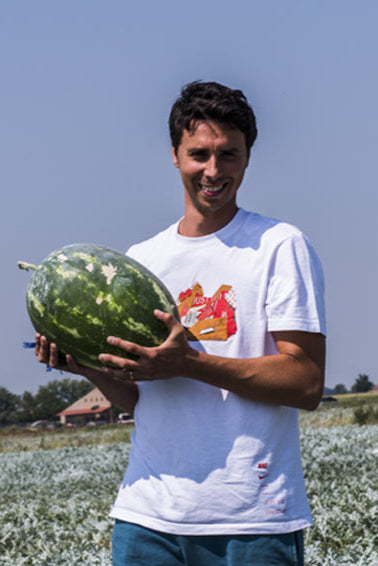
Oscar Zerbinati's Sentinel Watermelons
Unless you've tried one of Zerbinati's Sentinels, you’ve never tasted a watermelon with such intense, concentrated flavour.
That depth comes from careful control. Watermelons are adapted to soak up as much water as they can – and too much leads to dilution.
On the clay-rich soils of his farm in Sermide, Oscar Zerbinati shields the plants from rain and raises the best fruits onto mounds so excess water drains away. Smaller fruits are removed, allowing each plant to channel its energy into one.
The result is very large (up to 18kg!), watermelons with a punchy sweetness. A perfect match for unfiltered kombucha.

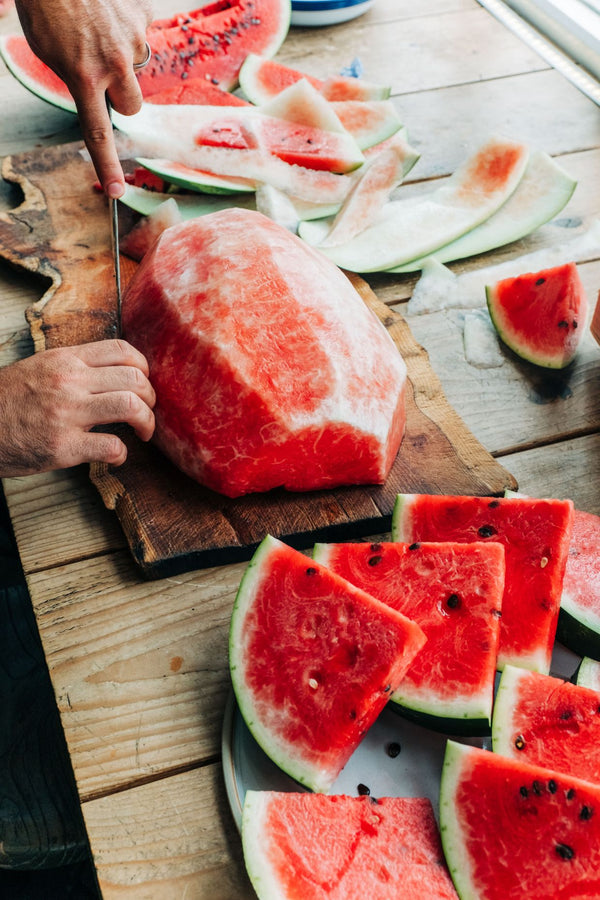
Sourced with care by Natoora
Working with this unique fruit at the height of its seasonality was made possible by ingredient experts Natoora.
With a shared commitment to quality and artistry, Natoora and MOMO are natural partners.
10p from every bottle sold will be donated to Natoora's Farm Fund, which supports young farmers who are committed to agroecological methods.
Our award-winning kombucha
At the 2024 Great Taste Awards MOMO completed another full house, with our four core kombuchas all receiving awards.
In our small-batch brewery, we always put flavour first. That's why our kombucha is always raw and completely unfiltered.
Proudly B Corp certified
We believe in using business as a force for good: we’re a proud certified B-Corp, a London living wage employer & certified organic.
Learn more about our commitment to sustainability here.
Kombucha is fermented tea thought to have originated two thousand years ago. When properly brewed it is a delicious, slightly fizzy and refreshing soft drink that is low in sugar and naturally contains live cultures and organic acids.
Kombucha is made of four simple ingredients: tea, water, sugar and a SCOBY (Symbiotic Culture Of Bacteria and Yeast). During fermentation, the yeasts consume the sugar and produce alcohol, then the bacteria consume this alcohol to produce the acids that give kombucha its tangy flavour.
Learn about what kombucha is here


















